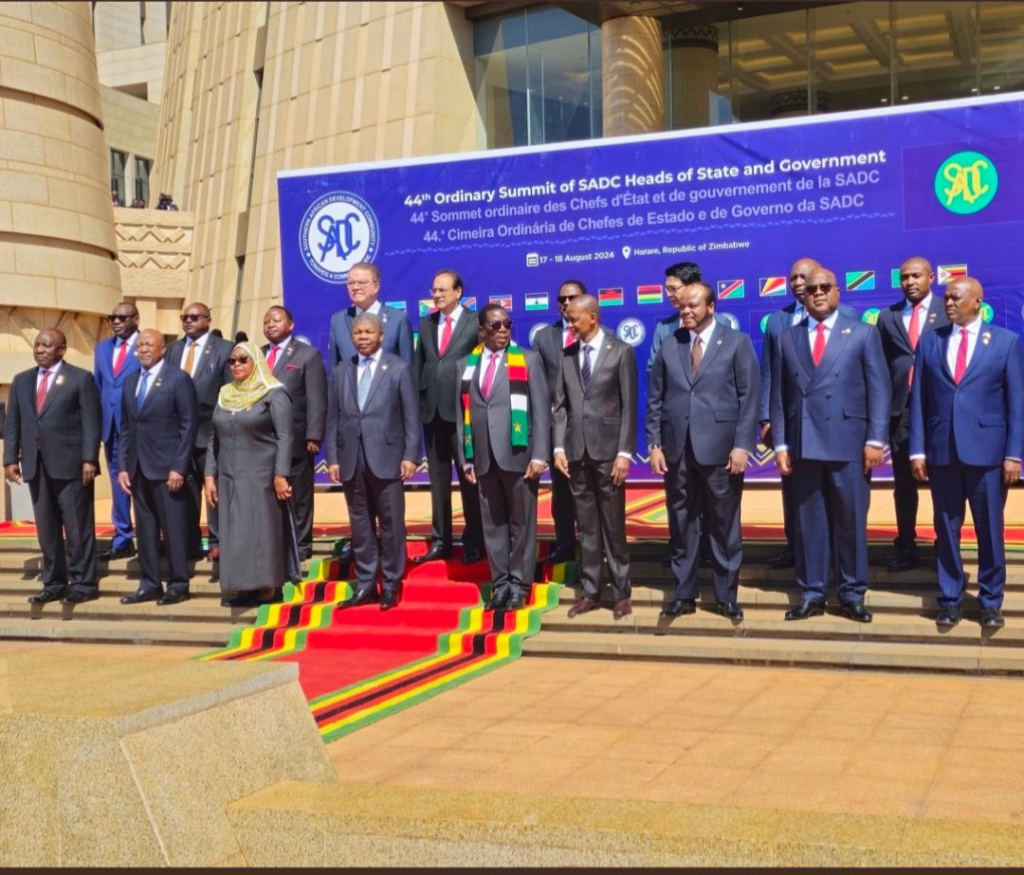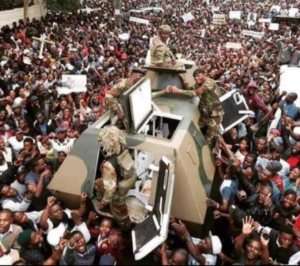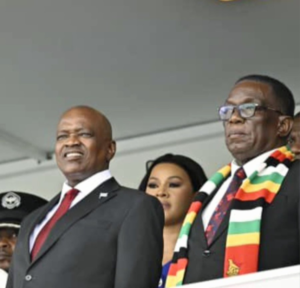MNANGAGWA’S STRUGGLE TO ERASE ELECTION FRAUD ALLEGATIONS REMAINS

Zimbabwean President Emmerson Mnangagwa has faced difficulties in removing allegations of fraud surrounding his re-election. As the incoming chairperson of the Southern African Development Community (Sadc), Mnangagwa tried to use his new role to change the Sadc’s official stance on the controversial 2023 Zimbabwean elections. However, his efforts have failed, leaving a shadow over his legitimacy.
Mnangagwa became the chair of Sadc as part of the rotational system of leadership within the regional body. This was seen as a chance for him to use his influence to push for the withdrawal of the Sadc election observer mission’s report. The report, which had been endorsed by an extraordinary summit in Angola and a special ministerial meeting in Zambia, strongly rejected Mnangagwa’s re-election as flawed, disputed, and fraudulent.
The Sadc report stands as the official view of the Zimbabwe general elections that took place in August last year. These elections saw Mnangagwa and his party, Zanu PF, claim victory, but the process was criticized as being full of irregularities. The Sadc election observer mission said that the polls did not comply with Zimbabwe’s own constitution or Sadc’s principles and guidelines for democratic elections.
Zambian President Hakainde Hichilema was the chairperson of the Sadc Troika of the Organ on Politics, Defence, and Security during the elections. Hichilema, who did not attend a summit in Harare in protest, remarked that the elections held in Sadc member states during his tenure were “reasonably peaceful.” Despite this, he did not remove the official Sadc election observer mission’s report, which he had overseen. Hichilema had appointed former Zambian vice president Nevers Mumba to lead the Sadc delegation to Zimbabwe during the elections.
This means that Sadc stands by its report. In their official records, Mnangagwa remains a leader who came to power through fraudulent means, as called out, recorded, and endorsed by the regional body. The report stays as a reminder that Sadc observed and recognized the illegalities and irregularities that surrounded the elections.
Mnangagwa’s position as Sadc chairperson has not solved his legitimacy crisis, as the report still remains the official record of Sadc’s stance on the elections. Even though Mnangagwa now holds the title of Sadc chairperson, his status as a leader is still questioned within the region. His efforts to silence the allegations have so far been unsuccessful, and his legitimacy remains contested on the international stage.
This situation has also exposed the unwillingness of some regional leaders to take a strong and open stand against undemocratic practices within their ranks. Hichilema’s stand has created tensions between Zimbabwe and Zambia. A diplomatic row between the two countries has begun, with Lusaka calling for Sadc and the African Union to help resolve the dispute.
In summary, Mnangagwa’s rise to the chair of Sadc has not brought him the legitimacy he hoped for. The Sadc election observer mission’s report remains in place as the official view of the flawed and fraudulent elections in Zimbabwe. Mnangagwa’s attempts to erase the allegations of fraud have not succeeded, and his legitimacy is still in doubt, both within Sadc and on the international stage. As long as the report stands, Mnangagwa’s leadership will continue to be overshadowed by questions and allegations of election fraud.



